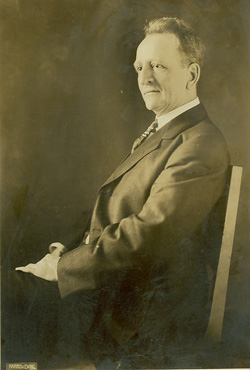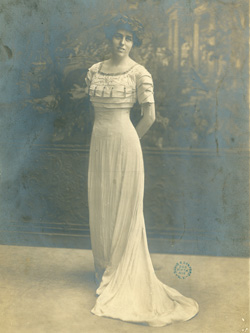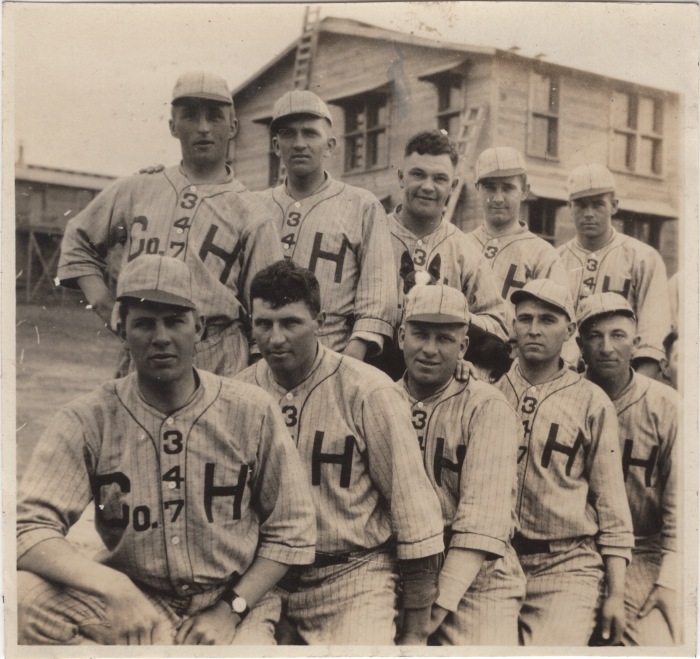
John P. Ambuehl was killed in action in France in October 1918. Raised in Borup, Minnesota, Jack served as a machine gunner with the army. He was stationed at training camps in Indiana, Arkansas, North Carolina, and Long Island during the fall and winter of 1917-1918, and his many photographs capture his time there. The Woodrow Wilson Presidential Library recently finished processing the John P. Ambuehl Collection and has made the material available online. This collection includes the army notifications to his family concerning Jack’s death, as well as letter from a comrade describing how Jack was treated after his injury.

The pictures taken from an old photo album, with “Our Boys in Khaki” on the cover, make up some of the most interesting material from his collection.

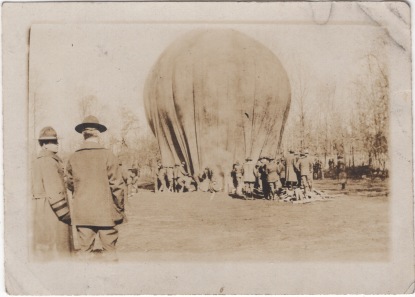
They show images of soldiers in training, on leave, and passing the time in camp.
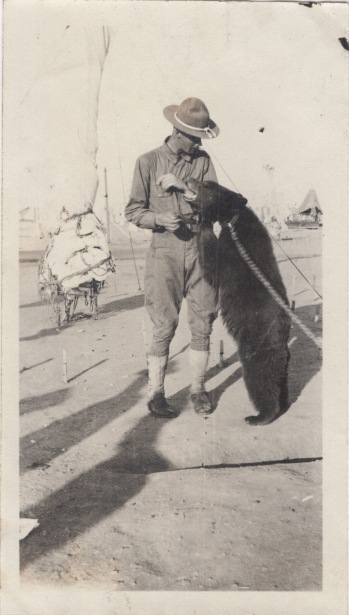
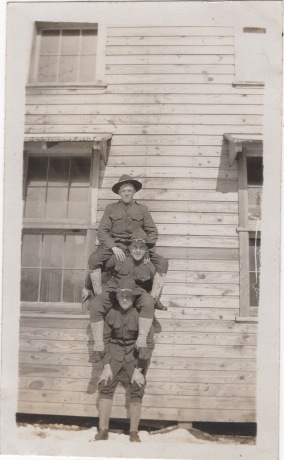
An avid photographer, Ambuehl often took pictures of soldiers and then sold them as a way to make money.
Included in the photo album were some pictures by William Ambuehl, his brother. Bill saw action when he served with the AEF in France and survived the war.
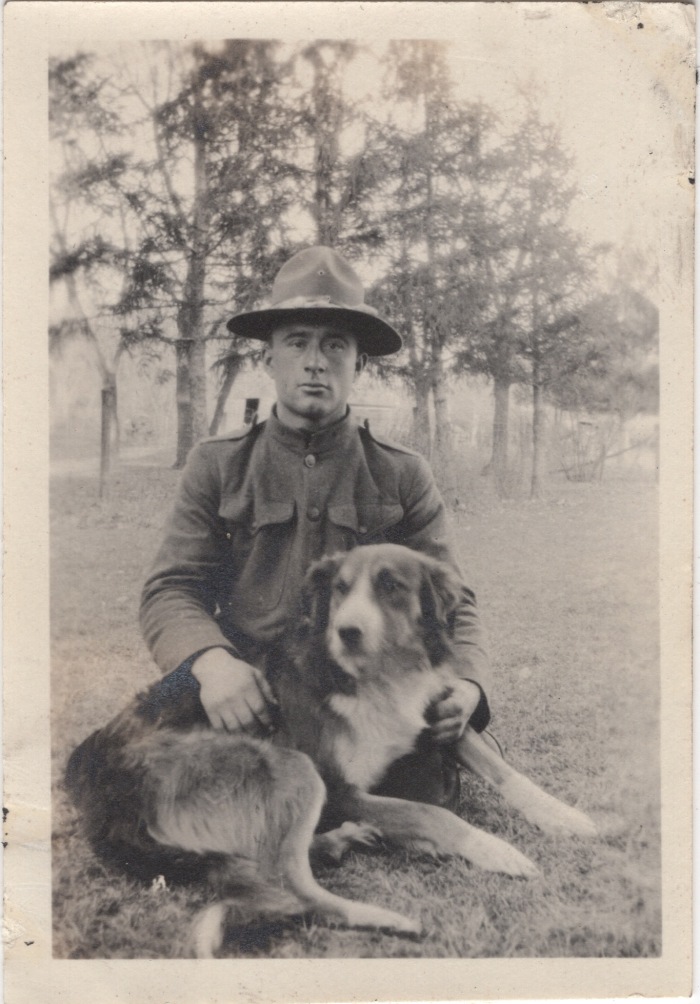
Check out the many treasures in the John P. Ambuehl Collection.
 The Woodrow Wilson Presidential Library recently created a digital exhibit on the issue of segregation during the Wilson administration.
The Woodrow Wilson Presidential Library recently created a digital exhibit on the issue of segregation during the Wilson administration. 
